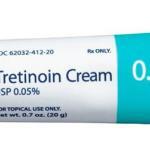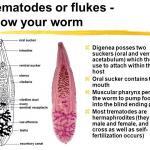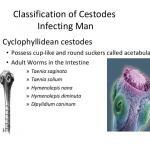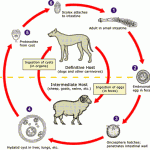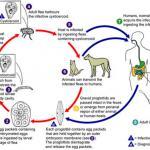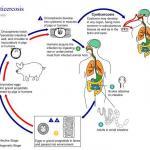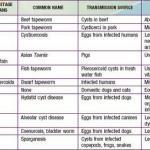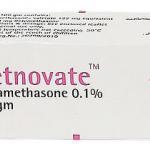
Betamethasone creams, including brands like Betnovate, are widely used in the UK to treat inflammatory skin conditions such as eczema and psoriasis. These potent corticosteroids help reduce redness, swelling, and itching, providing relief for many patients. It’s essential to use them under medical guidance to ensure safety and effectiveness. Always consult a healthcare professional before starting or stopping treatment.

